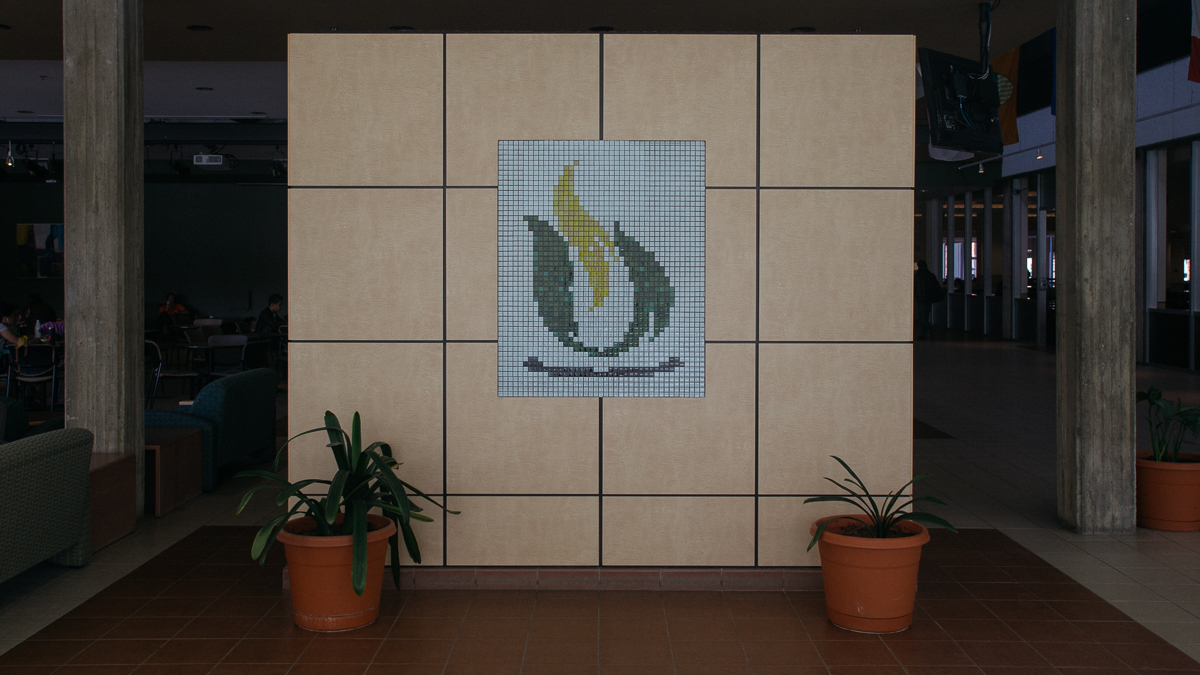 Supplied - shannonpatrick17
Supplied - shannonpatrick17Obama rejected the Keystone XL pipeline today for a variety of reasons, one of the biggest being the reduction of greenhouse emissions. He commented on the reduction of automobile emissions and consumption, the expansion of renewable energy sources, and so on. We’ve been getting much greener this past decade.
His examples are all great, and I agree that we should be working hard to replace oil with clean, renewable energy sources. I’m a big believer in using cars less and moving to sustainable and environmentally-friendly resources to reduce climate change. But as we live in a capitalist world, that’s not going to happen for many more years. Most cars still run on gasoline, and most things we use are made with petroleum products, including whatever device you’re reading this on. We’ll likely continue needing oil until becomes too scarce to be economical.
Now that we won’t be getting Keystone XL in the foreseeable future, we’ll continue relying on trains to transport crude oil. A Global News analysis found that oil spills from trains are on average much bigger than spills from pipelines. They also found that pipelines spill more often than trains. Fortunately, modern pipelines can be built to the highest standards to ensure that spills are minimized, and if they do happen, are caught and dealt with quickly. It’s not perfect, but it’s better than using leaky, explosive trains that lead not only to environmental catastrophes, but also to loss of human life, as in the Lac-Mégantic disaster.
In the press conference announcing the rejection of Keystone XL, Obama said, “if we want to prevent the worst effects of climate change, the time to act is now.” But we’ve been acting for decades. Moving to renewable energy is a gradual process that we’ve been working on for a long time, but its adoption will ultimately be determined by capitalist forces: if a renewable option isn’t cheaper than oil, neither producers nor consumers will switch to it en masse. Renewable energy needs to be more affordable to become mainstream enough to replace petroleum. Until then, we’re going to need oil for many years to come. We might as well work on making it safer and more environmentally friendly to transport.
There is some hope: Alberta has an NDP government now. Maybe we’ll finally get more environmental regulations that drive up the cost of oil and encourage more investment towards renewable energy. Even Saudi Arabia, a country that produces almost triple the oil per day that Canada does, is pushing for more solar energy. Alberta should be doing the same. The NDP has a great quote from ATB Financial chief economist Todd Hirsch on their platform:
“The province has the potential to be a leader in renewable energy, new products based on hydrocarbons and environmental stewardship. In these, Alberta’s economy will find its elusive diversity that will provide prosperity for generations to come.”
With the Keystone XL defeat, we need to hold them to that more than ever.





I guess the fact that there will be zero change in CO2 emissions as a result of killing Keystone doesn’t play into your article.
Renewable energy is a great idea. But the Second Law of Thermodynamics is a bit of a problem for it.
Consider too the need for massive amounts of petrochemicals to feed the planet. Without intensive farming crop yields drop by at least 40%. This means that if those practices were abandoned right now, within a few months people would start to starve. These people include…you. Look around the table next time Mom feeds you and decide which 4 or 5 of the 10 people at the table deserve to starve to death.
So yes, we need to find alternative sources for energy, but we need to do it in a very clever and realistic way. In Edmonton most of the food you eat comes from a long way away. It comes in trucks, without those trucks we eat what? Sure someday we may have renewable energy driven trucks, but we sure won’t for another 30 to 50 years.
So the guys over in Petroleum Engineering need to be part of the solution as much as or more than almost all other departments.